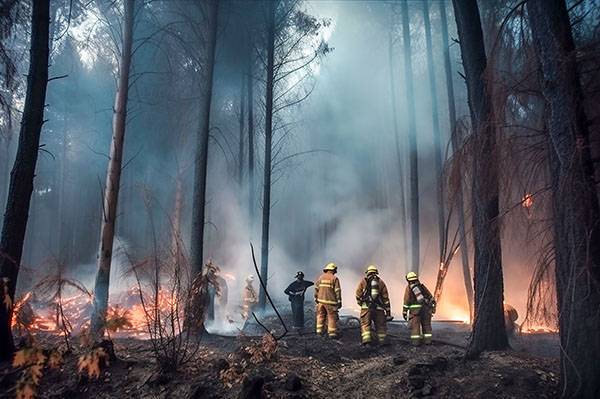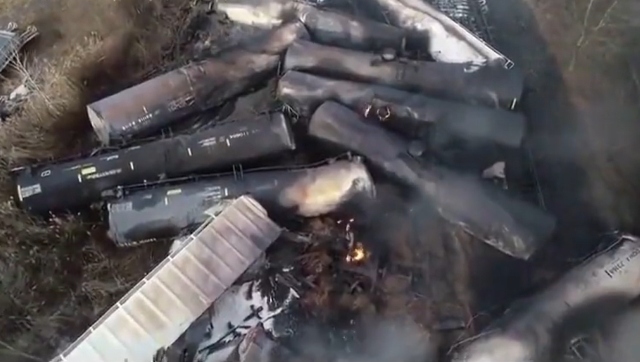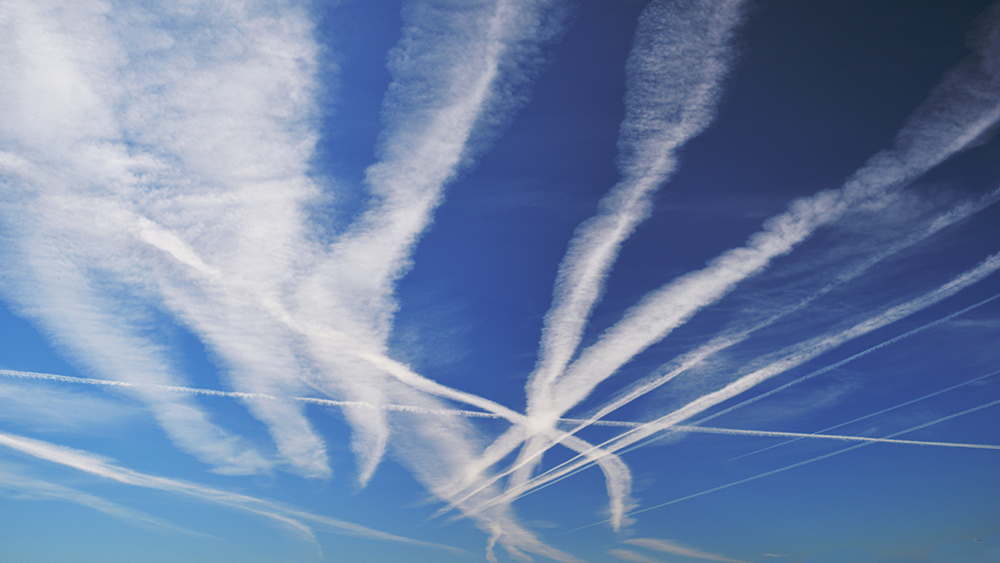
Canada has seen at least 146 active wildfires last week, including dozens in British Columbia and Alberta described by the Canadian Interagency Forest Fire Centre (CIFFC) as "out of control."
Due to these wildfires, four states in America reported hazy weather conditions. Dangerous smoke from these wildfires triggered air quality alerts and warnings in Montana, North Dakota, South Dakota and Minnesota.
The Minnesota Pollution Control Agency (MPCA) issued an air quality alert on May 13 in response to a "band of very heavy smoke from wildfires in northeast British Columbia."
According to the MPCA, the northern half of the state has since cleared up. However, the agency warned that smoke will linger over southern Minnesota "as northerly winds become light during the day."
The air quality index on that day revealed that conditions throughout the four states ranged from "moderate" to "unhealthy" for the general public. The index was established by the Environmental Protection Agency to measure daily air pollution levels and communicate the associated risks. (Related: Behind secrecy barriers, EPA begins removal of toxic materials in areas devastated by Maui wildfires.)
Wildfires release small particles that could harm human health
Experts closely monitor air pollution from wildfires because small particles in smoke that are less than 2.5 micrometers in diameter, which is about four percent the diameter of an average human hair, are small enough to reach deep inside human lungs.
The air quality index measures small particle pollution or PM2.5 along with four other major pollutants:
- Carbon monoxide (CO)
- Ground-level ozone
- Nitrogen dioxide
- Sulfur dioxide
Exposure to this type of particulate pollution can cause inflammation and weaken the immune system. The small particles in wildfire smoke may also worsen or increase the risk of health problems such as asthma, lung cancer and other chronic lung diseases.
Older people, infants, children and pregnant women are most vulnerable when air quality worsens. Particle pollution can even kill.
Findings from studies of children in California have revealed that children who inhaled the smoky air during wildfires had more bronchitis, colds, coughing, wheezing and were more likely to have to go to the doctor or the hospital for respiratory causes, especially from asthma.
Carbon monoxide from forest fire smoke is also dangerous. CO is a colorless, odorless gas that is most common during the smoldering stages of a fire and in close proximity to the fire.
Inhaling CO reduces oxygen delivery to your body's organs and tissues, and may cause side effects like dizziness, headaches and nausea. Additionally, inhaling CO in high concentrations may cause carbon monoxide poisoning and even premature death.
Additionally, wildfires spread other harmful emissions, such as hazardous air pollutants.
Western Canada wildfires mark the first series of fires for the season
Fires have destroyed more than 24,000 acres in Western Canada, marking the first series of major wildfires this season. On May 12, authorities issued an evacuation order for thousands of residents in Northern Rockies Regional Municipality and Fort Nelson First Nations in British Columbia because of fast-moving fires.
Last summer, smoke from wildfires in Quebec also affected huge portions of the United States. Smoke from the 2023 wildfires sent air quality levels plummeting in cities from the Midwest to the Eastern Seaboard.
The CIFFC reported that Canada experienced its most devastating wildfire season in recorded history in 2023, with more than 45 million acres destroyed.
Canada is once again preparing for a season of increased fire risk. The Canadian government recently announced that drought conditions "are expected to persist in high-risk regions in May," in turn increasing the "risk and intensity of both natural and human-caused wildfires."
Visit Disaster.news for more stories about wildfires and other disasters in the U.S. and across the globe.
Watch the video below as firefighters try to put out wildfires in Northwest Territories in Canada.
This video is from the High Hopes channel on Brighteon.com.
More related stories:
Canadian officials warn: Wildfire smoke spreading across North America could last all summer.
Satellite phone SAVED LIVES during the devastating Maui wildfire.
Largest wildfire in Texas burns approximately 1,700 square miles and 500 structures (and counting).
Ways to keep indoor air clean when there’s wildfire smoke in your area.
Sources include:
Please contact us for more information.



















